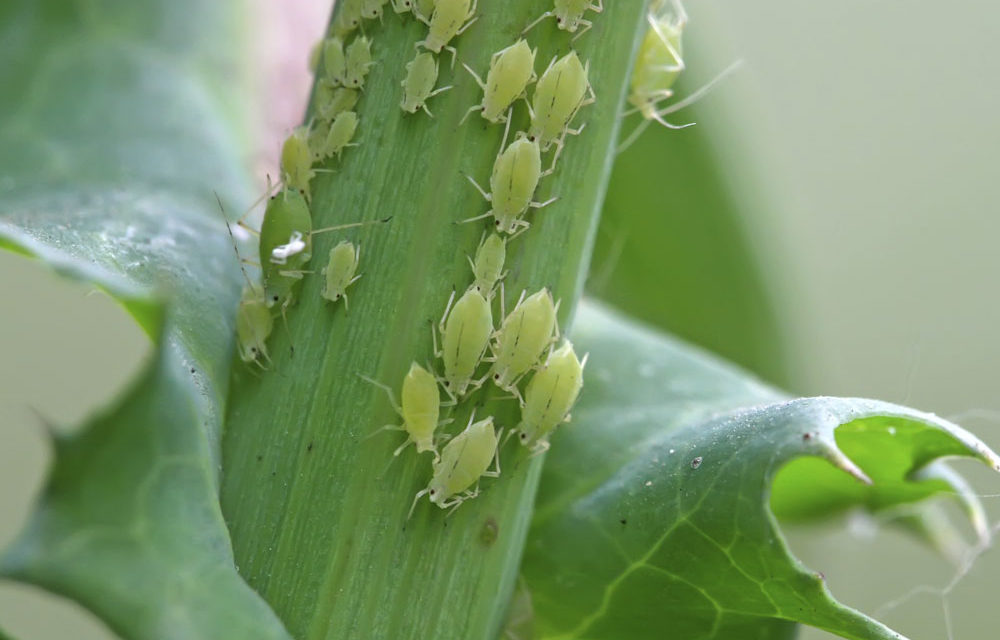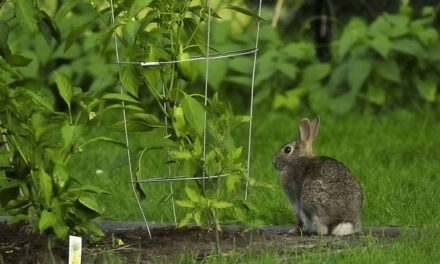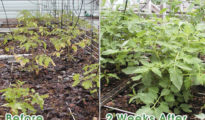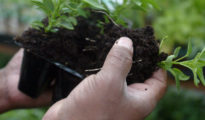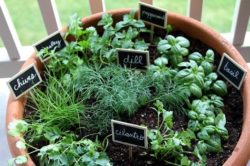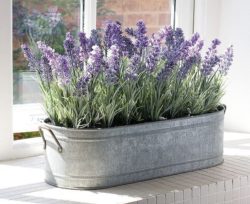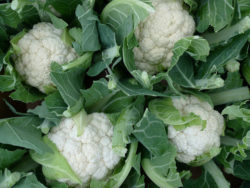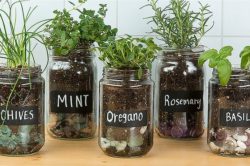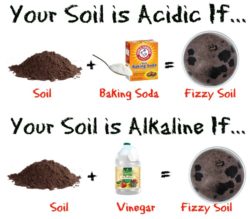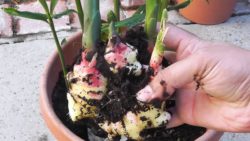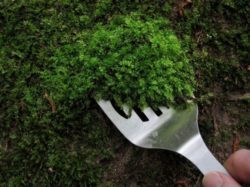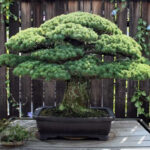Gardening is a wonderful hobby that allows people to enjoy the beauty of nature in their own backyard. However, it is not uncommon for gardeners to encounter a variety of pests that can damage their plants and diminish their enjoyment of gardening. While there are many chemical pesticides that can be used to control pests, they can be harmful to the environment and to the health of people and pets. In this blog post, we will discuss five common garden pests and provide natural ways to get rid of them.
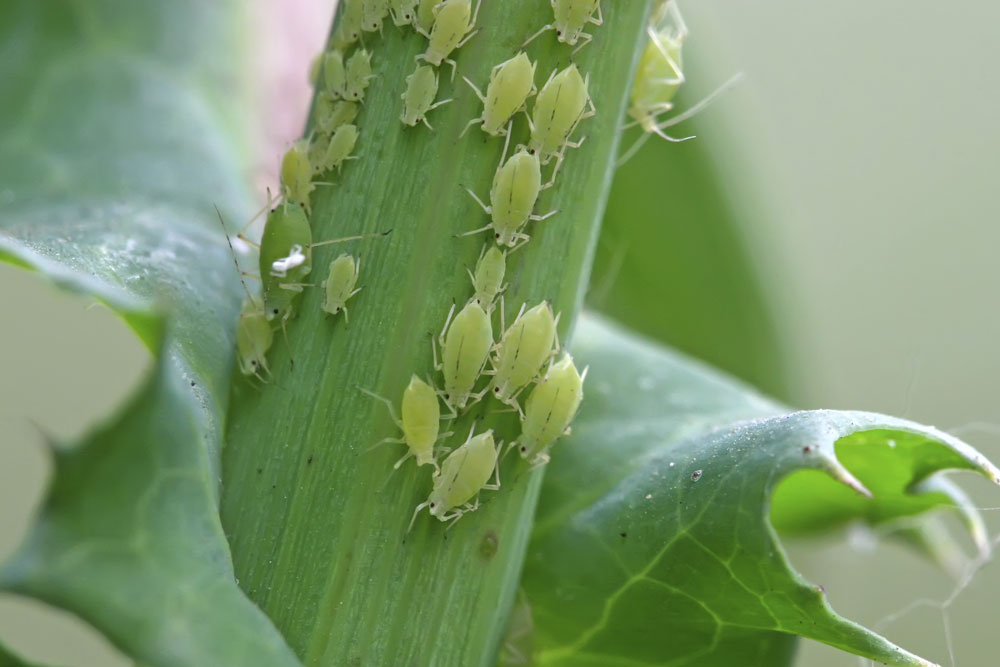
#1. Aphids
Aphids are small, soft-bodied insects that suck the sap out of plants. They are usually found on the undersides of leaves and can cause leaves to curl, turn yellow, and fall off. Aphids reproduce quickly and can quickly infest a garden. Fortunately, there are several natural ways to get rid of aphids.
One way to control aphids is to attract their natural predators. Ladybugs and lacewings are two common predators of aphids. Planting flowers that attract these insects, such as daisies, marigolds, and cosmos, can help control aphids. Another way to control aphids is to spray them with a solution of water and dish soap. Mix a tablespoon of dish soap with a quart of water and spray the solution directly on the affected plants. The soap will coat the aphids and suffocate them.
#2. Slugs
Slugs are slimy creatures that can be a major problem in the garden. They feed on a variety of plants and can cause significant damage. They are most active at night and are often found hiding under leaves or in the soil during the day. Fortunately, there are several natural ways to get rid of slugs.
One way to control slugs is to create barriers around plants. Surround the plants with copper tape or crushed eggshells. Slugs are deterred by the electric charge of the copper and the sharp edges of the eggshells. Another way to control slugs is to use a beer trap. Bury a shallow dish in the ground and fill it with beer. The slugs will be attracted to the beer and drown in the dish.
#3. Caterpillars
Caterpillars are the larvae of moths and butterflies. They can be a major problem in the garden as they feed on leaves and can defoliate entire plants. While some caterpillars are harmless, others can cause significant damage. Fortunately, there are several natural ways to get rid of caterpillars.
One way to control caterpillars is to attract their natural predators. Birds, wasps, and praying mantises are all common predators of caterpillars. Planting flowers that attract these predators, such as sunflowers and daisies, can help control caterpillars. Another way to control caterpillars is to spray them with a solution of water and neem oil. Neem oil is a natural insecticide that is effective against a wide range of pests, including caterpillars. Mix a tablespoon of neem oil with a quart of water and spray the solution directly on the affected plants.
#4. Japanese Beetles
Japanese beetles are a common pest that can be a major problem in the garden. They feed on the leaves of plants and can skeletonize entire leaves. They are most active in the morning and evening and are often found on flowers and foliage. Fortunately, there are several natural ways to get rid of Japanese beetles.
One way to control Japanese beetles is to handpick them. Wear gloves and pick the beetles off the plants and drop them into a bucket of soapy water. This method is time-consuming but can be effective. Another way to control Japanese beetles is to use a pheromone trap. Pheromone traps are designed to attract and trap male Japanese beetles, which can help reduce the overall population. However, it is important to use pheromone traps properly, as they can actually attract more beetles to your garden if not placed correctly.
Lastly, control Japanese beetles by using companion planting. Planting herbs and flowers such as catnip, chives, garlic, and marigolds can help deter Japanese beetles from your garden.
#5. Spider Mites
Spider mites are tiny pests that are difficult to see with the naked eye. They feed on the sap of plants and can cause leaves to turn yellow and fall off. They thrive in hot and dry conditions and can quickly infest a garden. Fortunately, there are several natural ways to get rid of spider mites.
One way to control spider mites is to spray the affected plants with a solution of water and rubbing alcohol. Mix a tablespoon of rubbing alcohol with a quart of water and spray the solution directly on the affected plants. The alcohol will dehydrate the spider mites and kill them. Another way to control spider mites is to spray the affected plants with a solution of water and insecticidal soap. Insecticidal soap is a natural pesticide that is effective against spider mites. Mix a tablespoon of insecticidal soap with a quart of water and spray the solution directly on the affected plants.
Garden pests can be a major problem for gardeners, but there are many natural ways to control them. By attracting natural predators, creating barriers, and using natural pesticides, gardeners can keep their gardens healthy and thriving. While chemical pesticides may seem like a quick fix, they can be harmful to the environment and to the health of people and pets. By using natural methods to control garden pests, gardeners can create a healthy and sustainable garden that will bring them joy for years to come.

